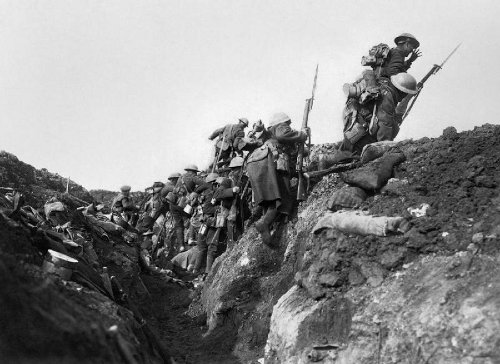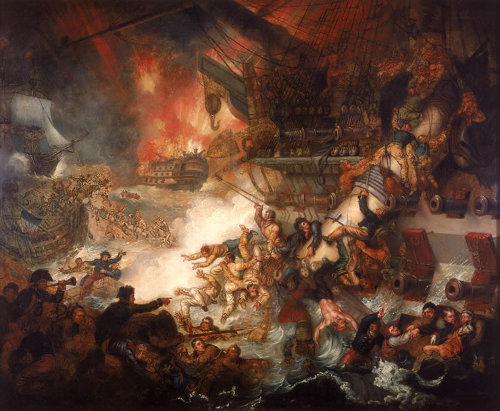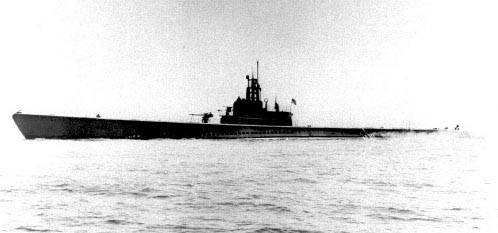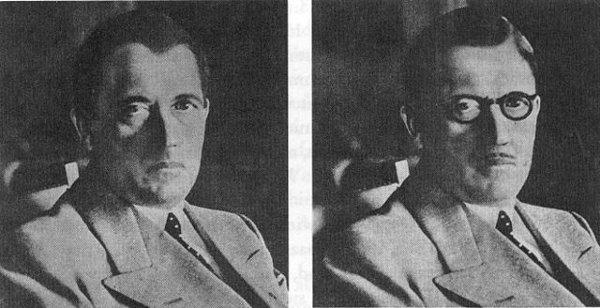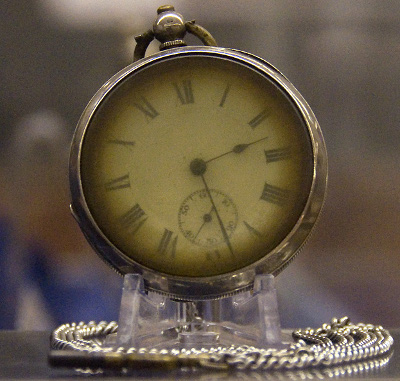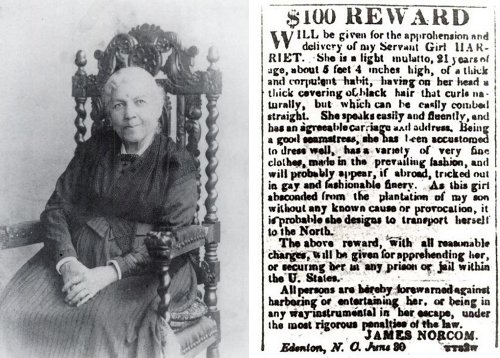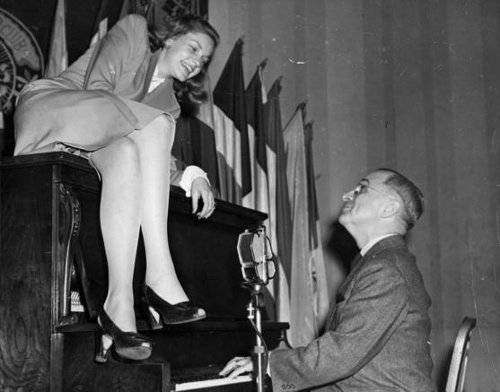
As a boy Harry Truman practiced piano for two hours a day. “My choice early in life was either to be a piano player in a whorehouse or a politician,” he said later. “And to tell the truth, there’s hardly any difference.”
At age 12 he attended a concert by Paderewski. “And I was studying the Minuet by Paderewski. And when he got through with his concert — which was a wonder — he played that Chopin A-Flat Waltz, Opus 42, which has always been a favorite of mine. And he played the waltz rendition of the Blue Danube, and so on.”
“When we went back behind the scenes, [my teacher] took me with her, and it almost scared me to death. She told him I didn’t know how to make ‘the turn’ in the minuet, and he said, ‘Sit down,’ and he showed me how to do it. I played it at Postdam for old Stalin. I think he was quite impressed.”
He gave up piano because “it was a sissy thing to do. So I just stopped. And it was probably all for the best. I wouldn’t ever have been really first-rate. A good music-hall piano player is about the best I’d have ever been. So I went into politics and became president of the United States.”

